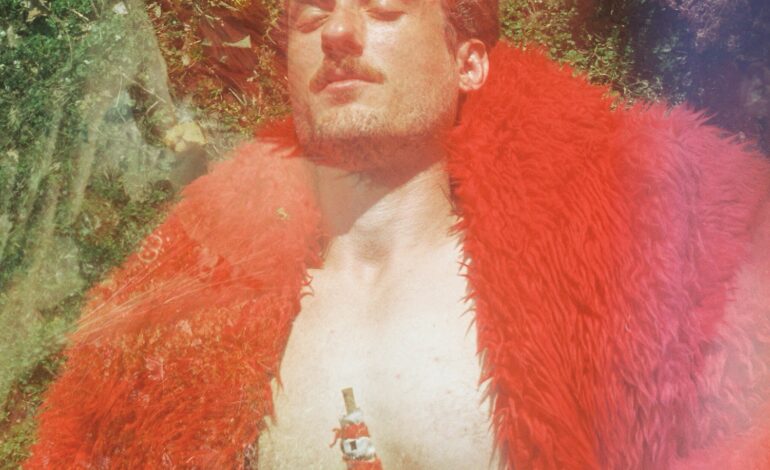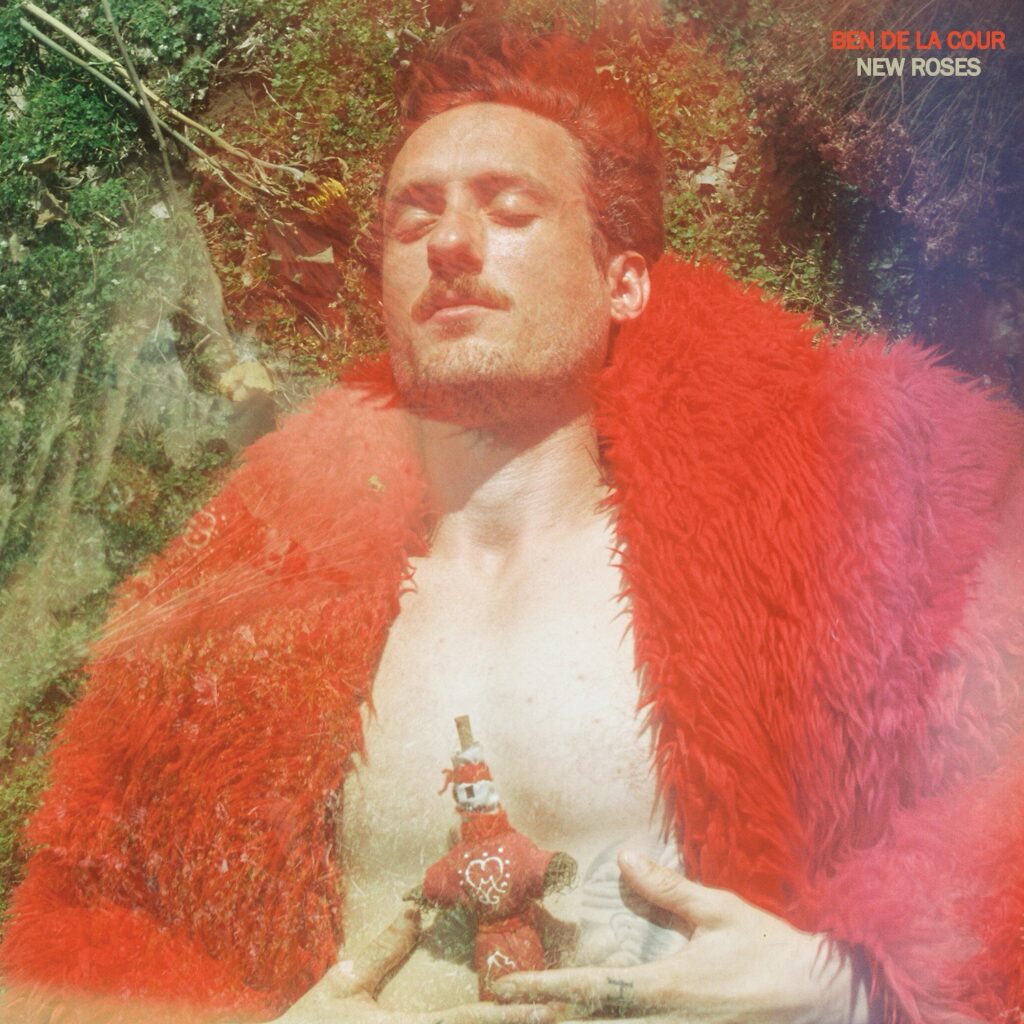INTERVIEW: Ben de la Cour Unpacks the Surreal, Shadowy World of ‘New Roses’


With the upcoming release of New Roses, Ben de la Cour returns with his most surreal, sonically adventurous, and emotionally raw collection yet. Marking a bold departure from his earlier acoustic-driven work, the new album dives headfirst into a darker, synth-laced landscape where poetry and absurdity dance in uneasy harmony. In this exclusive conversation, the Nashville-based troubadour opens up about the origins of his provocatively titled single “Stuart Little Killed God (On 2nd Avenue),” the nocturnal pulse that guides his songwriting, and how praise from icons like Lucinda Williams helped steady his footing as he ventured into uncharted musical territory. Honest, self-deprecating, and always razor-sharp, de la Cour reveals the twisted beauty behind New Roses—an album born of boredom, dreams, and a fierce commitment to forging his own path.
- “Stuart Little Killed God (On 2nd Avenue)” is such a wild and surreal title. How did you balance the absurdity of the concept with the emotional weight of the song?
I think one of your main jobs as a songwriter is balancing absurdity with something a little more profound or serious. I’m an absurd person. Life is absurd. Songwriting is a reflection of life – all art is. So if you cut yourself off from the more ridiculous aspects you will either go completely insane (best case scenario) or your songs will be terrible, which is even worse.
- You’ve called New Roses a collection of “night songs.” What draws you to that kind of shadowy, late-hour storytelling, and how do you think it defines this record?
I’m not sure. It’s never been a conscious decision, but most all of my favorite music seems to be late night music. Films too. There’s something really comforting and sinister about the witching hour – you’re sewn up in this little pocket of time when all the world seems to be asleep. And the other weird ghouls who are awake are off doing their own thing. So you can go find them and engage in various nefarious activities or you can just be by yourself and exist in your own world for a little bit. It’s like Bukowski said; the world is still out there, but for the moment it doesn’t have you by the throat.
- This album marks a sonic shift with heavier, synth-driven textures. What inspired you to experiment beyond your signature acoustic sound?
Honestly? Boredom. And to a lesser extent curiosity.
I learned a lot about production from working with Jim White on the last album, and so I wanted to see if I could put some of those lessons into practice in my own bargain basement kind of way. For my own sake and sanity I try not to make the same record over and over again. Sometimes there will be misfires, and maybe this album will prove to be an example of that. I hope not! But if it is I’d still rather eat a shit sandwich of my own making than have someone else feed one to me.
- You’ve lived everywhere from Cuba to the American South. How have those places influenced the themes or sounds of New Roses?
I think it’s impossible not to draw influences from the world around you and the places you’ve lived. I don’t think that this album reflects any place or time in particular, but we’re all some kind of sum of all the places and people we’ve been. For better or worse. Saying that, I’ve always believed that imagination beats experience every time when it comes to making art. So it’s not everything, but it’s something.
- Lucinda Williams called your songwriting “the presence of greatness.” What does that kind of praise mean to you at this stage in your career, and how has it impacted your confidence going into this release?
It means a lot. As a songwriter it can be hard to find tangible validation. And having someone like Lucinda say something like that about my music feels really important, validating and affirming. I’ve had some people who I consider my heroes like Lucinda and Jerry A from Poison Idea say really kind things about my songs when they really didn’t need to. You can ride the wave of things like that or winning the Kerrville New Folk competition when things get rough.
You can’t rely solely on external validation when it comes to your art or anything else, and obviously none of us are in this only for the validation, but validation is important and even necessary no matter how distasteful it is to acknowledge that fact. There’s a lot of social media pop psychologists who talk about how seeking validation is toxic and meaningless and that we can only find true validation within, but that’s bullshit and those people are morons. I believe it’s about balancing the external validation with the internal, and finding joy in the work.
Check out his work below:



